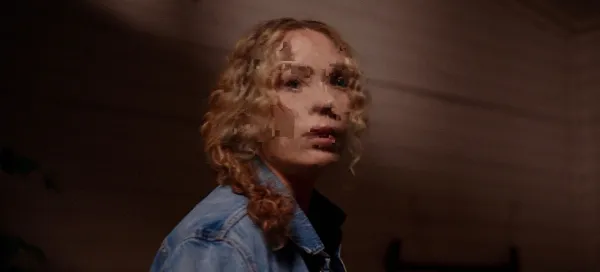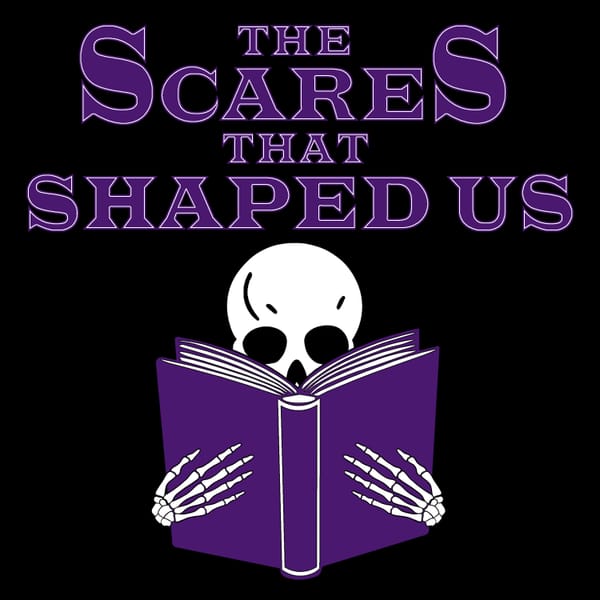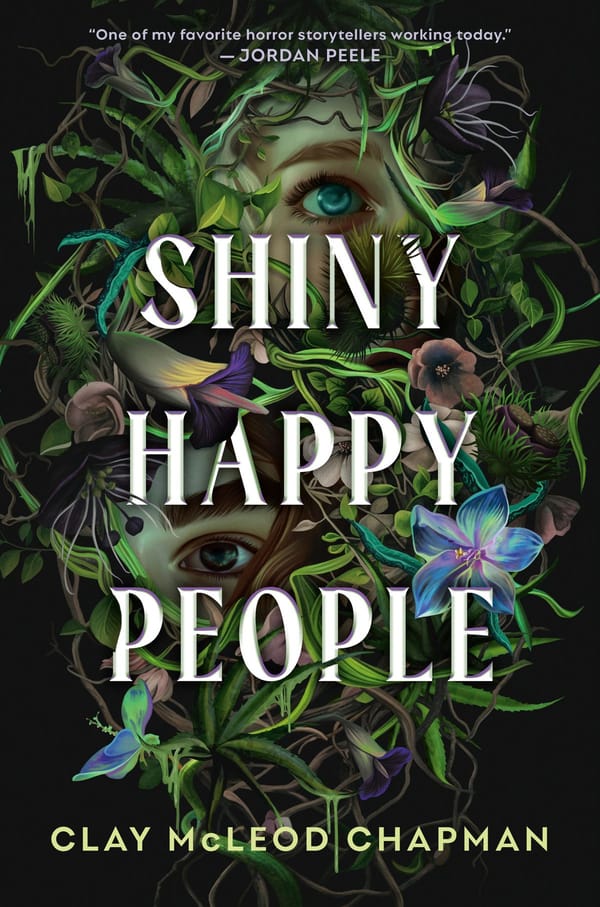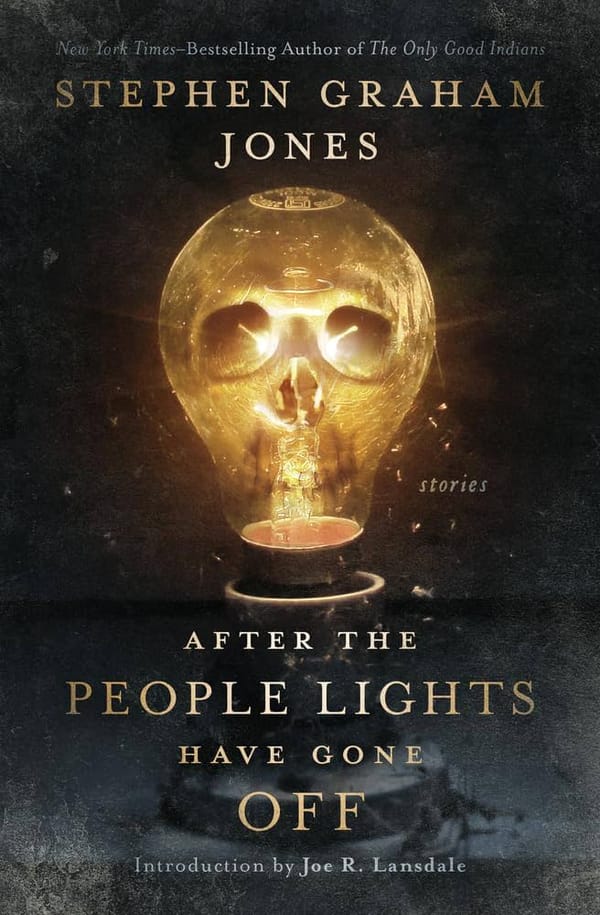For The Sickos: Notes on 'A Serbian Film'
For all our collective focus on its transgressive setpieces and graphic violence of all kinds, this is a movie made with intention, with an artistic vision, and even if all the lines crossed within the narrative were stripped away and merely implied, it would work as a harrowing human drama.
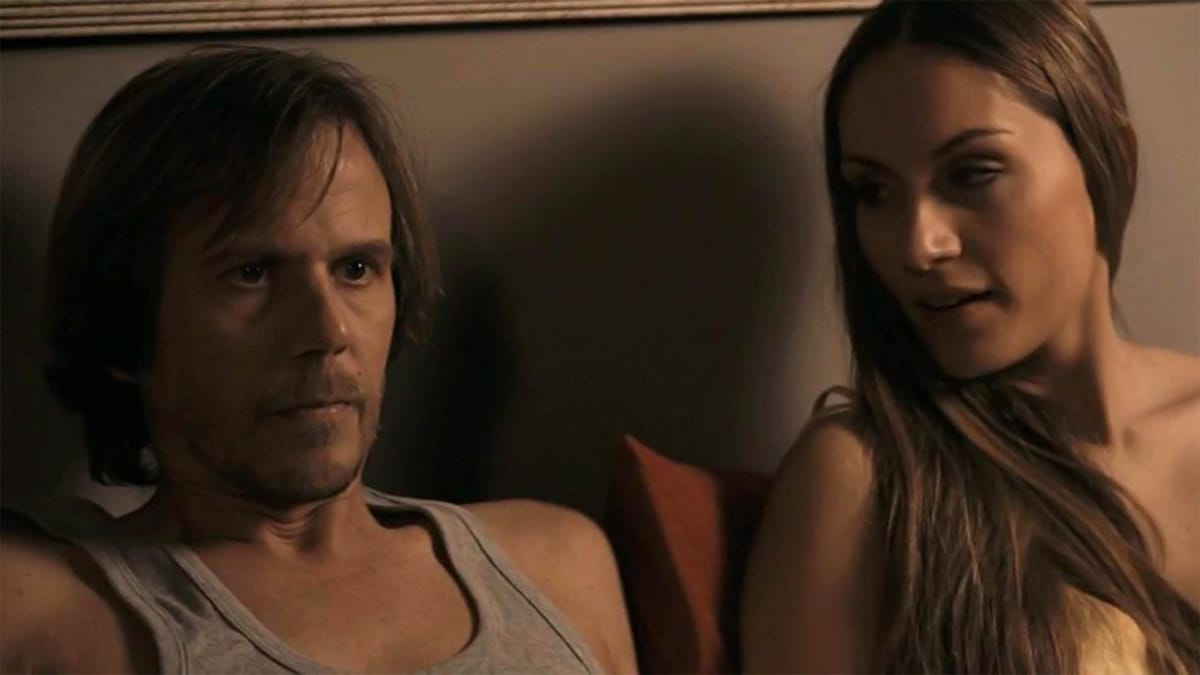
I go through phases with extreme horror, and my last one ended shortly after my son was born. Now, a few years later, I'm back on that beat, attempting to knock out some blind spots in my viewing history, and that's going to take the form of a recurring feature on this newsletter I'm calling "For The Sickos." Don't think I need to explain that title.
First up on this journey was A Serbian Film, Srđan Spasojević's notorious piece of extreme exploitation cinema that remains one of the most difficult viewing experiences in the whole genre. Anecdotally, at least as far as my friends and colleagues are concerned, it's right up there at the top of the list of movies you'll only watch once, and in the 15 years since its release it's only continued to polish that reputation. It's viewed, conversationally anyway, as a horror movie gauntlet, an endurance test for those of us who dare press play.
There's nothing really untrue about these sentiments, but watching the film for the first time (I don't know that I'll ever do it again unless a friend or family member wants me to shepherd them through it.), I was struck by how, well, cinematic it is. For all our collective focus on its transgressive setpieces and graphic violence of all kinds, this is a movie made with intention, with an artistic vision, and even if all the lines crossed within the narrative were stripped away and merely implied, it would work as a harrowing human drama.
As with other films to which it's frequently compared, like Pasolini's Salo', context is key to understanding the depths of depravity and meaning A Serbian Film attempts to excavate. Whether we as viewers buy it or not, Spasojević and his cast and crew made an effort here to reckon with the traumas of civil war and mass death in recent Serbian history. To get a sense of the larger context here, you can read Witney Seibold's excellent overview at Slashfilm, but it boils down to this: These filmmakers saw a culture pulled apart by atrocities that, in its effort to rebuild, created an environment of desperation and pain ripe for exploitation by those with the money, power, and drive to exploit. And they attempted to boil all of that down into a single narrative.
So we get the story of an out-of-work porn star (Srđan Todorović) who's lured into making a new film, a film that promises to take his art to places he's never been before. In return, he'll get more than enough money to build a better life for his wife and his son. The catch? He will not know on any given shooting day what will be asked of him until it's happening.
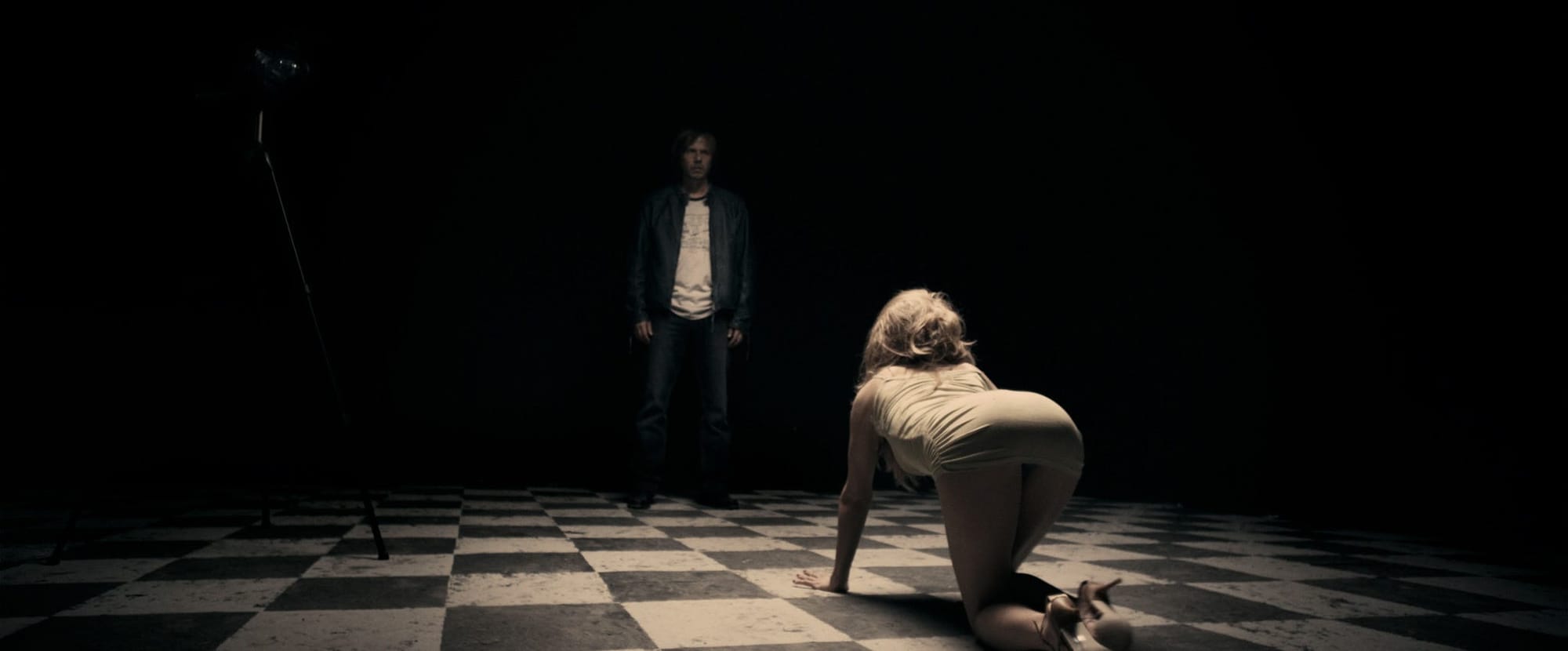
There are a lot of points made within this narrative, from the way popular culture treats extreme sex vs. extreme violence to the way sex workers are stigmatized, but at its emotional core, it's a film about desperation, class warfare tightened to a laser focus on ruining a single artist just trying to make good. And this is where I think we often sell A Serbian Film short even as we attempt to have otherwise fun discussions about extreme horror cinema.
Even setting the immense historical and cultural context aside, we can all understand Todorović's character, Miloš, a guy just trying to do the best thing for his family who's been taught by those around him that he's really only good at things that push taboos, even simple ones like acting in pornographic films. His back is to the wall, and well before anything truly dark has happened, A Serbian Film generates intense empathy for his situation while also allowing the shades of violence in his personality to come forward. It paints a complex picture, then introduces something so many horror films have used to great effect: The offer he can't refuse.
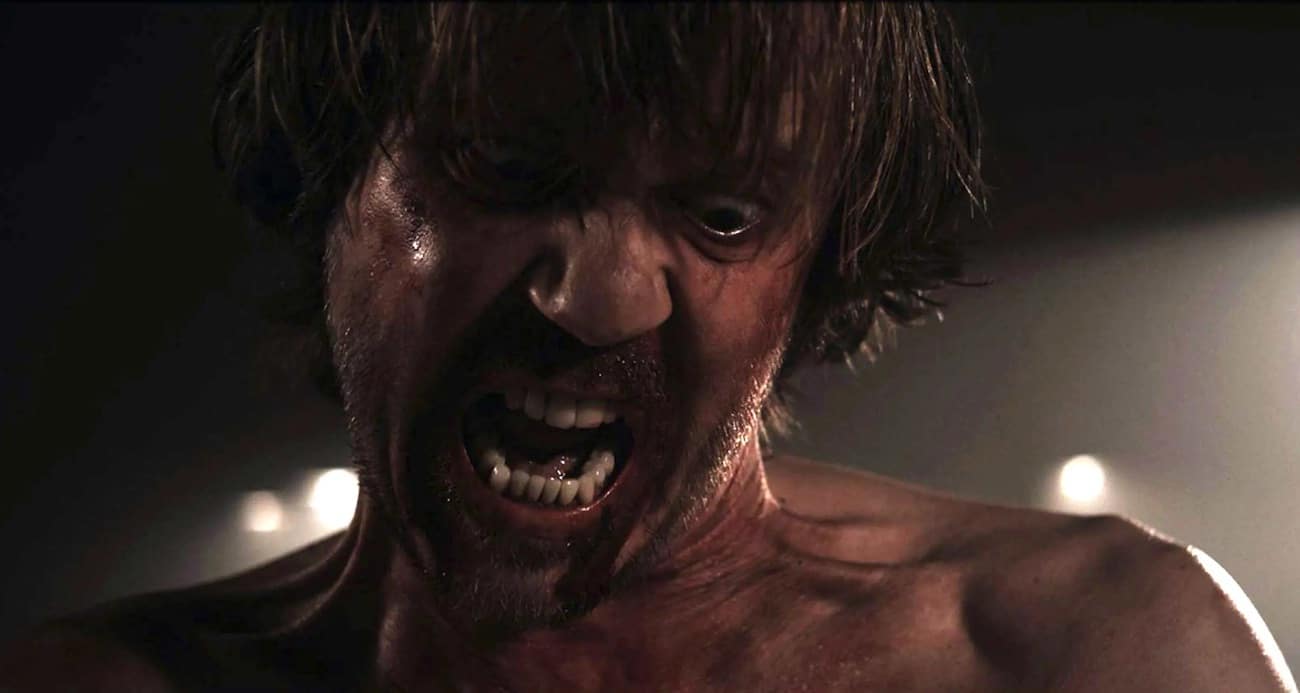
When this narrative kicks in, A Serbian Film, despite what you may have heard, takes its time. It checks in with Miloš, allows him to go home at the end of every workday, builds tremendous suspense as it continually asks the question: How far will this go? What could possibly be worth all of this? What is the goal for the people who've funneled money into this enterprise?
I'm not going to spoil the plot of A Serbian Film here, though it is 15 years old and the entire description of what happens is right there on Wikipedia for those who dare read it. What I will tell you is that, while I found the content inarguably well-executed in its quest to deliver shocks, I did not view the film as a gauntlet or a test of my endurance as someone who's used to watching gross horror films. It did not strike me, then or now, as some kind of exercise in pummeling me with depravity and little else.
What I found instead was a thoughtful, measured, intensely effective piece of suspense-turned-shock horror, a film with a soul, however tarnished, that truly wants to show us something. That doesn't make the film for everyone, nor does it mean everyone who can tolerate A Serbian Film will come away feeling what I felt. What it does mean is that, while this movie's infamy is earned, it's also earned so much more.
